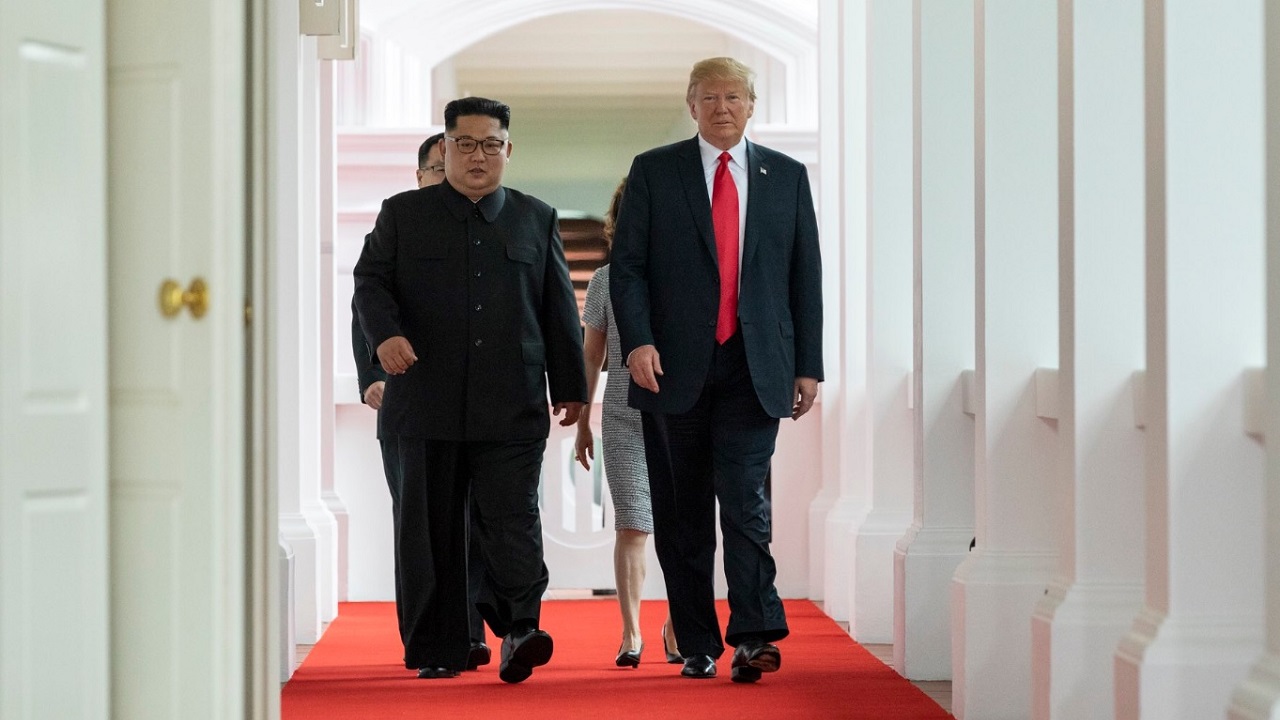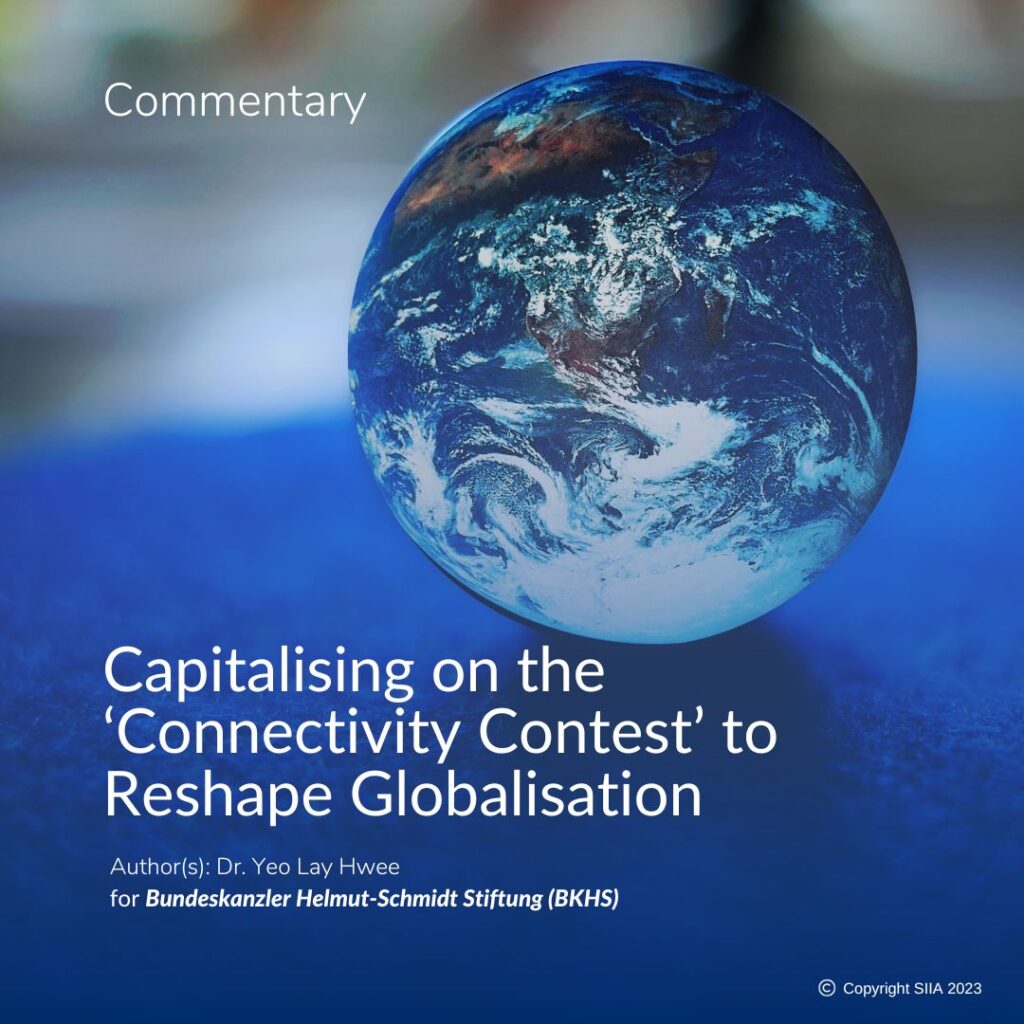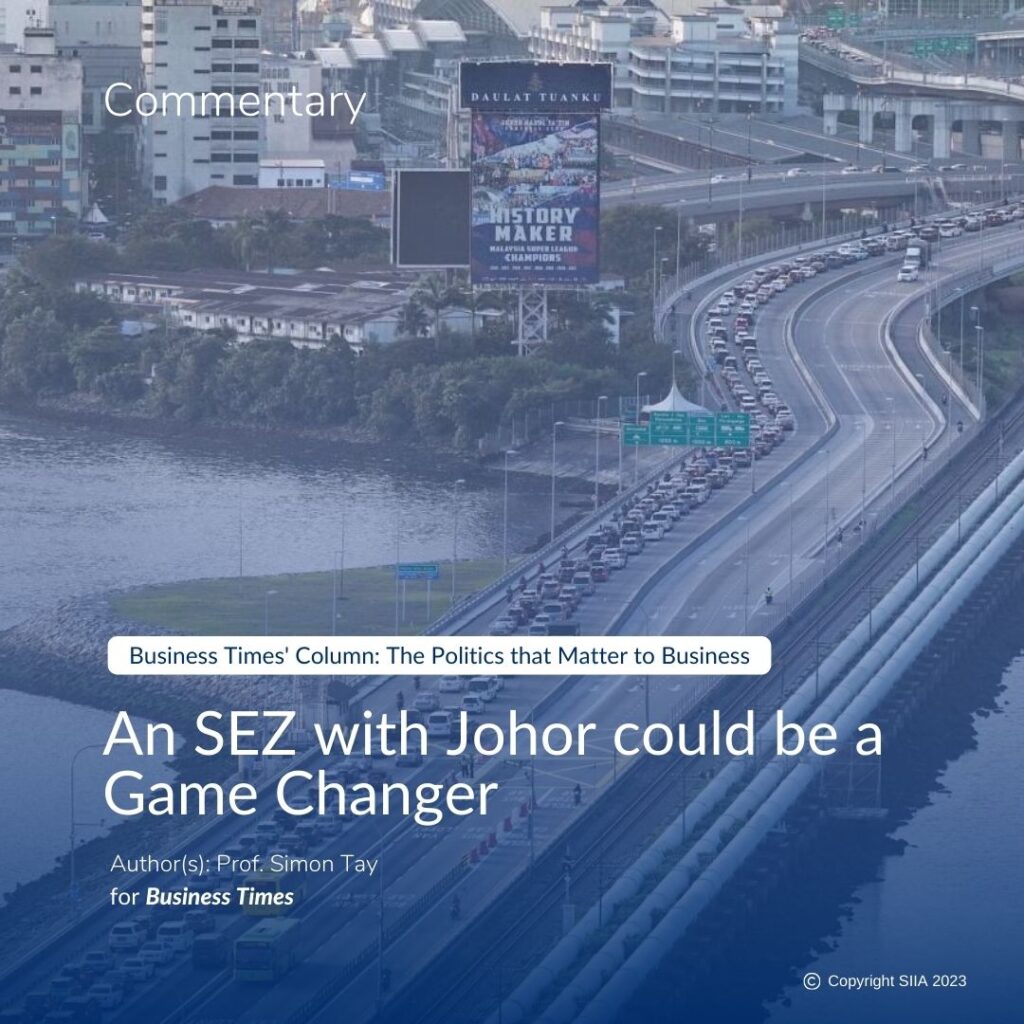by Nicholas Fang
As the buzz and excitement surrounding the groundbreaking summit on Sentosa between the leaders of the US and North Korea subsides, it’s now left to Singapore and Singaporeans to evaluate the impact of having played host to this high-profile event.
Bouquets and brickbats for the outcome of the summit and the agreement signed between the two nations have come in almost equal measure, and there has also been divergence in opinion about whether the host nation will benefit from being associated with the event.
The summit in Singapore marked the first time the leaders met, and was hailed as a triumph of international diplomacy, not least by the two protagonists themselves. But there has already been widespread criticism of the joint statement signed by Donald Trump and Kim Jong Un.
The statement is vague, setting out no specific steps to implement its goals. Moreover, the text merely reaffirms the Panmujom Declaration on “complete denuclearisation of the Korean peninsula”, falling short of the “complete, verifiable, and irreversible dismantlement” targeted by the White House ahead of the meeting.
The brief nature of the statement should not come as a surprise. Given the short time frame, this is all that could be realistically achieved, and marks the start of a process.
But it was disappointing to see that the text merely echoes inter-Korean agreements dating back to the 1992 Joint Declaration of the Denuclearization of the Korean Peninsula. It also contains weakened versions of pledges seen in such agreements as the 1994 Agreed Framework and the 2005 joint statement from the fourth round of six-party talks.
In the US, views about the summit and its outcome have been mixed, with criticism coming from both sides of the political divide.
The Trump administration will be scrambling to explain to its allies and the world the full implications of the agreement, and the subsequent comments by President Trump which referenced the cessation of “provocative” and “costly war games”, and the potential withdrawal of US troops from South Korea. As ever, the devil remains in the details to come.
There has been broad recognition that the Singapore brand is currently connected to what has been claimed as a success for international diplomacy. The country has been featured on the front pages of newspapers and in headline news on major media platforms around the world for many days as the world focused its attention on the summit and its outcome.
At the same time, the summit has resulted in a few gaffes that highlight how little the world knows about Singapore, with Singapore being identified as part of Malaysia, and a map of Sentosa reflecting hotels and venues that were actually on the mainland.
While these mistakes reflect more poorly on others and their general knowledge than on Singapore, it is a sobering reminder that many in the world remain ignorant about the country, and it is hoped that the global attention from the summit may have gone some way to remedying this.
It’s also a common refrain that any press is good press. And as global competition continues to become more intense, the value of such profiling and promotion of Singapore as a safe, secure and stable venue for negotiation and deal-making can be invaluable in ensuring that attention and interest from investors and other stakeholders remain focused here.
But the story isn’t over. While there is no reason to assume that either North Korea or the US will renege on the deal, there is still a chance the process could break down, especially given the unpredictable behaviour of President Trump and Pyongyang’s history of going back on promises made once it secures what it wants.
Years or months from now, the prestige associated with hosting the summit can potentially turn sour. The Singapore Summit can be seen in retrospect as a disappointing near-miss rather than a turning point. But crystal ball-gazing is always a risky proposition and the global community should continue to hope for the best.
UNHAPPINESS
There has also been chatter online reflecting unhappiness of some Singaporeans about the S$20 million cost of hosting the summit, along with how it had inconvenienced people due to traffic stoppages and heightened security checks.
It should be noted that much of the funds were spent in Singapore, on Singapore companies and hotels, which would then have been funnelled back into the local economy and the Singaporeans who drive it.
And disruption and inconvenience appears to have been relatively minor when compared to other international events which Singapore has hosted on a regular basis, including the Shangri-La Dialogue and the Formula One race each year. These would have attuned many Singaporeans and residents in the country to the associated inconveniences that come with such events.
Furthermore, the summit was a chance for Singapore’s security agencies to execute what has been described as the most significant security operation in the country’s history. While the Singapore Armed Forces and Home Team agencies carry out such operations on a regular basis, amid the current environment of potential terror attacks and other threats, this summit required an increase in intensity and resources to address the very real concerns, given the profile of the participants.
The successful and smooth execution of the event has burnished the reputation of the security forces and validated the training and preparation that they carry out behind the scenes.
There have been questions raised over the hospitality and friendliness that were demonstrated to the leader of North Korea, a regime that has not had the best record in terms of human rights, repression of its citizens, and antagonism towards its neighbours and other international stakeholders.
It is important to recognise that, as host, it was important for Singapore to demonstrate fair and equal hospitality to both sides, and avoid introducing its own politics or diplomatic agenda over the course of the summit. This is in keeping with the reputation of a neutral, trusted and honest broker, which has stood Singapore in good stead on the world stage for decades.
As Singapore continues to fight for its place in the world order, the Singapore summit will be viewed as a key event in the country’s history and efforts to remain relevant to global affairs. Time will tell if the summit itself will be viewed as a genuine success, but the importance of the role of the host in ensuring that the event went off without a hitch should not be diminished.
ABOUT THE AUTHOR
Nicholas Fang is Director for Security and Global Affairs at the Singapore Institute of International Affairs. This commentary was first published in the Business Times on Thursday, 14 June 2018.
Photo Credit: Dan Scavino Jr., Executive Office of the President of the United States




